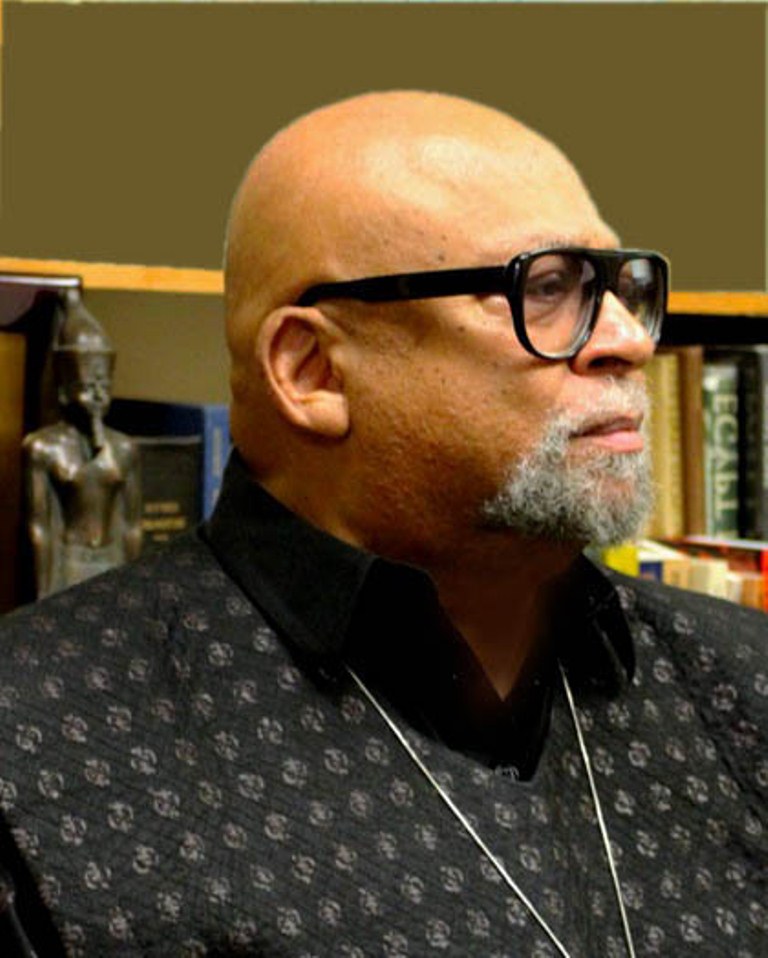
Achieving Justice for George Floyd: Radically Reimagining and Rebuilding America
Indeed, it is a clear and constant given that if we are to achieve real justice for George Floyd, Breonna Taylor, Rayshard Brooks and all the victims of this racist violent democracy called America, to paraphrase Min. Malcolm, then we have two interrelated objectives that must be achieved. They are: radically reimagining and rebuilding America; and sustaining the struggle on every level which will make this possible. And key to all of this is holding the ground we’ve gained, building on what we have and fighting fiercely to move forward, day by day, year by year and battle by battle until victory is clearly won.





